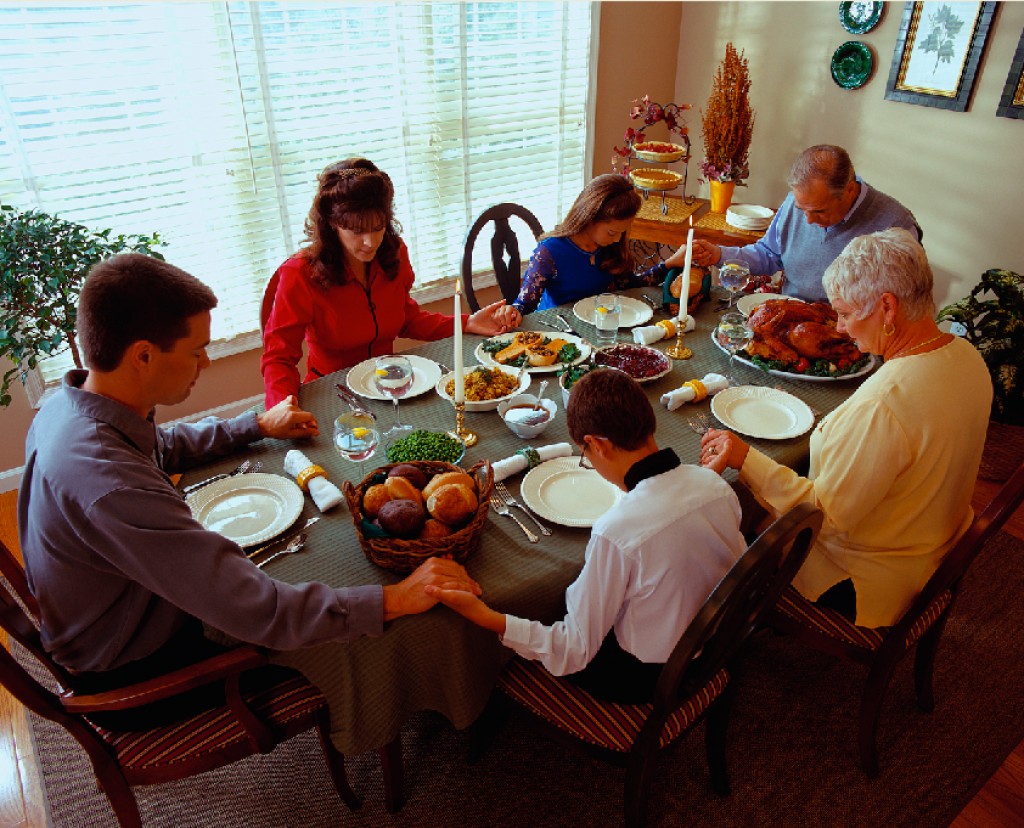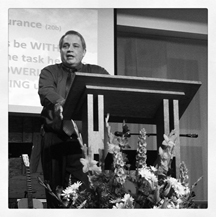What Is Evangelical Christianity?
10 Helpful Answers
I have been an Evangelical Christian almost all my life. Recently I had the opportunity to talk about Evangelical Christianity at the LDS Institute of Religion adjacent to Cal. State U. in Long Beach. To ponder, organize and present the convictions, plusses and minuses of the movement I’ve embraced was a very good exercise for me. Below is a summary of my 2-hour talk.
Message of the Month—Evangelical Christianity
1. “Evangelicalism” is all about “giving out the ‘Good Word’”.
It is a declarative, conversionist, very mission-minded movement.
The word “Evangelical” comes from the idea of sharing an “Evangel” with the world.
“euangelion” (ευαγγελιον) – “The ‘Evangel’, the ‘Good News’”
“euangelizo” (ευαγγελιζω) – “To evangelize, announce the Good News”
“euangelistes” (ευαγγελιστης) – “Evangelist, preacher of the Good News”
Not all faiths are conversionist, but Evangelicalism certainly is. We urge people to embrace the “Good News” of Jesus. We take our marching orders from Jesus and the apostles:
“Go and make disciples of all the nations…” (Matthew 28:19)
“I am not ashamed of the gospel [euangelion], because it is the power of God for the salvation of everyone who believes…” (Romans 1:16)
The Book of Acts and the earliest history of Christianity show how evangelism by a small band of Jesus’ followers could extend a movement to where it became a significant presence in the Roman Empire in just about 35 years.
2. “Evangelicalism” is “Christ-centered” and “cross-centered”.
Jesus is the Son of God, the Word made flesh, the Christ sent by God. Jesus died on the cross as a satisfaction for sin—no Evangelical can budge on these. These are crucial and non-negotiable.
“If you confess with your mouth, ‘Jesus is Lord,’ and believe in your heart that God raised him from the dead, you will be saved.” (Romans 10:9)
“I want to remind you of the gospel [euangelion] I preached to you… By this gospel you are saved… For what I received I passed on to you as of first importance: that Christ died for our sins…he was buried…he was raised on the third day…”
(1 Corinthians 15:1-4)
The message of the cross is central, not incidental and certainly not deniable or disposable. Through the cross Jesus, the Lamb of God, takes away the sins of the world. The benefits of his death are appropriated through faith in the message. (The meaning and value of the death of Jesus on the cross extends beyond “taking away the sins of the world” but this idea is central to the message.)
3. “Evangelicalism” holds the Scriptures (66 books of the Old and
New Testaments) in the highest regard as “inspired of God”,
the final authority in faith and obedience.
2 Timothy 3:16-17 – All Scripture is “inspired” (“God-breathed”) and thus “profitable” for instruction, correction, and preparing people to serve God in the world.
The exact nature of “inspiration” (how it “worked”), how “inspiration” affects interpretation of biblical information (e.g., poetry as opposed to narrative, the role of culture), how the Bible interacts with secular disciplines—these are issues open for discussion. But for Evangelicals, the Bible as the Word of God is a “given.”
4. “Evangelicalism” is confessional.
Evangelicals, some to a greater degree and others to a lesser degree (but never to a “tiny” degree), all recognize the need to confess acceptance of certain doctrinal matters. Some may recite The Apostles Creed or The Nicene Creed in worship services. For others, doctrine is affirmed in a more informal manner. To deny a crucial doctrine puts one outside the pale of Evangelical Christianity. [See the Nicene Creed and the Statement of Faith of the National Association of Evangelicals at the end of this newsletter].
5. “Evangelicalism” has great variation in its movement
(these terms may overlap).
• Baptists (typically independent-minded and against state involvement in religion, emphasizing the baptism of believers only)
• Holiness (Wesleyan, from the Methodist tradition)
• Pentecostals (a Holy Sprit-focused movement that started in 1906)
• Fundamentalists (typically separatist toward society and even other Evangelicals, but much of this movement has changed)
• Creedal Protestant denominations (such as evangelical Lutherans with a small “e”, like the Lutheran Congregations in Mission for Christ or the Missouri Synod)
• Sacramentalists and non-Sacramentalists (some believe baptism and communion actually convey the grace they signify; others see symbolism)
• Conservative and Charismatic Roman Catholics
• Evangelical groups within mainline denominations
• Movements (the “Jesus Movement”, the “Charismatic Movement”, Revivalists, Restorationists, Separatists, Churches of the “End Times”)
• Evangelical “para-church” organizations (university campus ministries, the Billy Graham Evangelistic Association, Prison Fellowship, Samaritan’s Purse, World Vision, Community Bible Study, a huge number of educational enterprises)
6. “Evangelicalism” has many leaders but no official spokesmen,
many movements without any central authority.
Many mega-churches and independent ministries may make their leaders prominent, but this is not typical. No one can officially speak for the movement. There are some key voices (the late Charles Colson, Billy Graham, Rick Warren). There are some key theologians (such as Wayne Grudem, Michael Horton, Donald Bloesch).
But there is no central voice or authority or disciplining body. Accountability falls on local churches, denominations and even ad hoc arrangements. This is sometimes good, sometimes bad. But overall I prefer it this way.
7. “Evangelicalism” has had more than its share of crooks, con artists, charlatans and crackpots, along with aberrant teachings
(such as the “prosperity gospel”).
8. “Evangelicalism” increasingly has a cooperative spirit, subject to its commitment to its creeds and values.
An apocalyptic “Why bother with this world?” attitude is less prominent today than in the past. Evangelicals have typically not been “joiners” in social causes, working with people of other faiths or secular people. But this has been changing. For me, the doctrine of “Common Grace” is a basis for such cooperation.
But Evangelicals will not cooperate if core convictions might be compromised. This is especially true when it comes to worship services that are not distinctively Christian.
The Nicene Creed is my personal measuring stick for participation in worship services.
9. “Evangelicalism” has had a long and significant tradition of Social Reform though it has sometimes “gone into hiding”.
Evangelical social consciousness in the past included working to end slavery, the temperance (prohibition) movement, and women’s suffrage (right to vote). Many revivalists were strong in social transformation, for example, John and Charles Wesley, Jonathan Edwards, Billy Sunday.
Sadly, Evangelical withdrawal from cultural influence after the bruising “Fundamentalist-Modernist” battles of the early 20th Century led most to “sit out” the Civil Rights struggle, and this is a large blemish on our movement to this day.
Contemporary social issues in Evangelicalism include: Pro-life issues (this unites all Evangelicals), “God and Country”, family and marriage, religious liberty, persecution of religion around the world, political oppression, just peace in the Middle East including a free state of Israel, immigration reform, and human trafficking.
It would be naïve and inaccurate to say all Evangelicals feel passion on all these areas and they certainly don’t always agree. It is also wrong to label all Evangelicals as part of the “Religious Right” because their politics extends across the spectrum.
10. “Evangelicalism” sets its sights on “The Kingdom of God”.
The prayer of the church was taught to us by Jesus: “Your kingdom come, your will be done on earth as it is in heaven” (The Lord’s Prayer, Matthew 6:10).
Most Evangelicals see both a present and future tense in God’s kingdom rule. To the extent God’s kingdom can be seen today (through the spread of the “Evangel”, living out the principles of Jesus and through Christian convictions and compassion), Christians are active in its advance.
But we must be under no illusion that the Kingdom of God will be built by Christians in this present age. Scripture is clear on that. Evangelicals believe that the Second Coming of Jesus will usher in the age of complete justice and peace.
Recommended Reading
• AN EVANGELICAL MANIFESTO
A Declaration of Evangelical Identity and Public Commitment (2008)
• Evangelical Catholicism by George Weigle
• The Faith by Charles Colson
© 2014 Donald P. Shoemaker



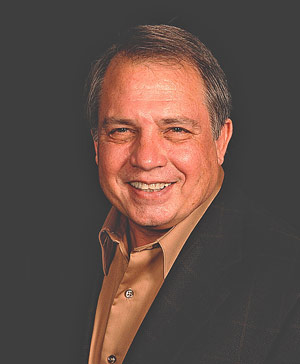

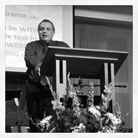
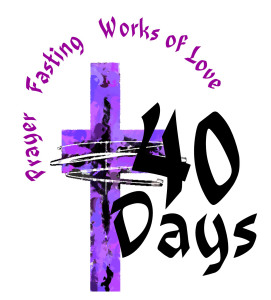 A time many Christians devote to self-examination, confession of sin, sacrificial deeds, special occasions of worship and thanksgiving to God for forgiveness of sin and the power of the cross. All leading up to the Easter climax of the Empty Tomb.
A time many Christians devote to self-examination, confession of sin, sacrificial deeds, special occasions of worship and thanksgiving to God for forgiveness of sin and the power of the cross. All leading up to the Easter climax of the Empty Tomb.
 “A man ought to examine himself before he eats of the bread and drinks of the cup.” (1 Corinthians 11:28 NIV)
“A man ought to examine himself before he eats of the bread and drinks of the cup.” (1 Corinthians 11:28 NIV)





